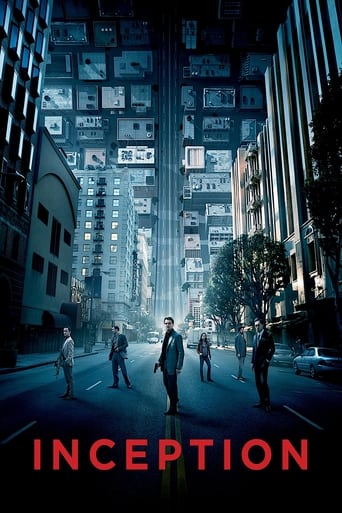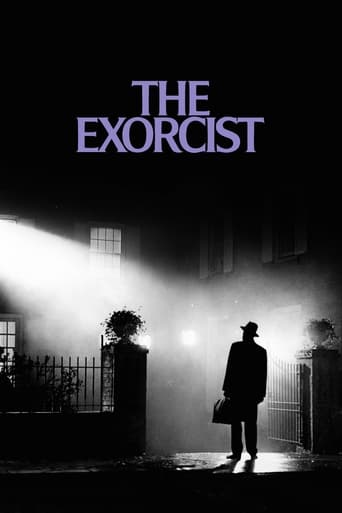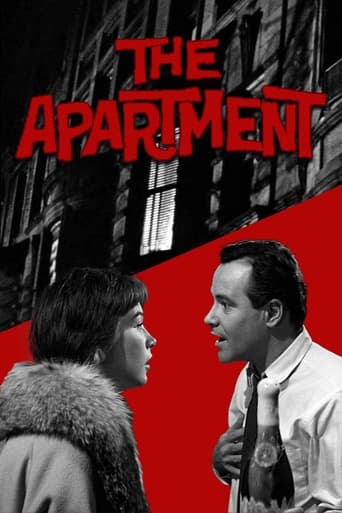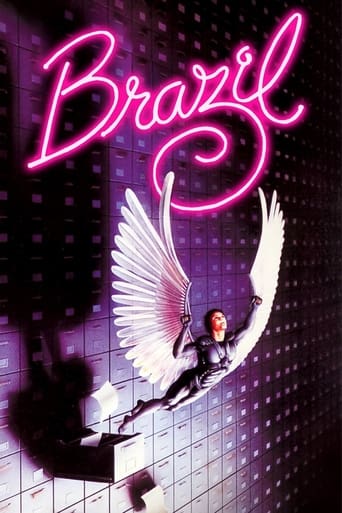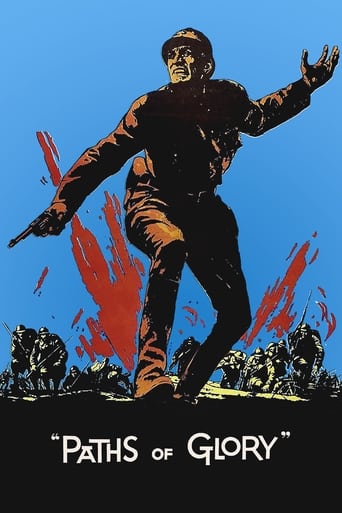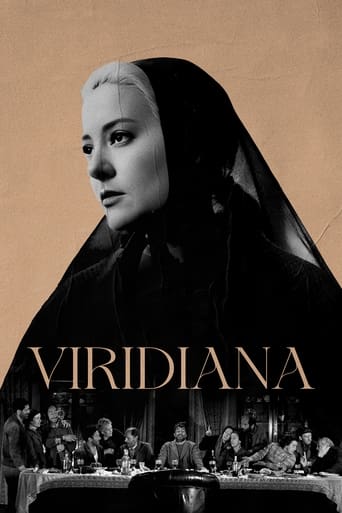


Viridiana
Viridiana is preparing to start her life as a nun when she is sent, somewhat unwillingly, to visit her aging uncle, Don Jaime. He supports her; but the two have met only once. Jaime thinks Viridiana resembles his dead wife. Viridiana has secretly despised this man all her life and finds her worst fears proven when Jaime grows determined to seduce his pure niece. Viridiana becomes undone as her uncle upends the plans she had made to join the convent.
-
- Cast:
- Silvia Pinal , Francisco Rabal , Fernando Rey , José Calvo , Margarita Lozano , Victoria Zinny , Teresa Rabal


Similar titles
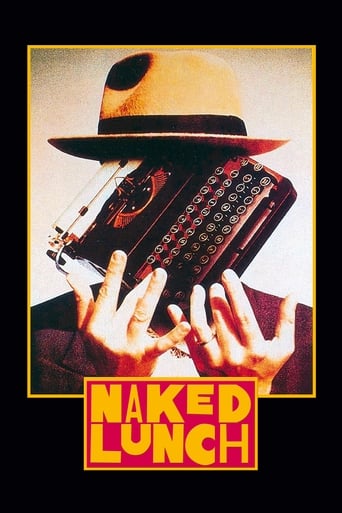
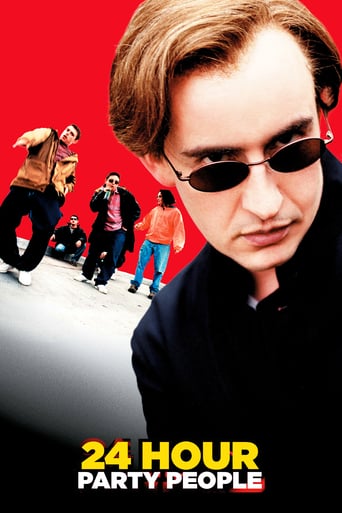
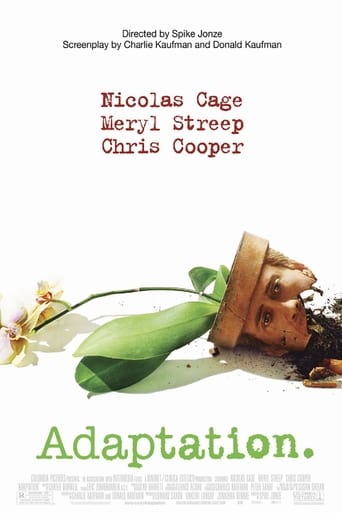
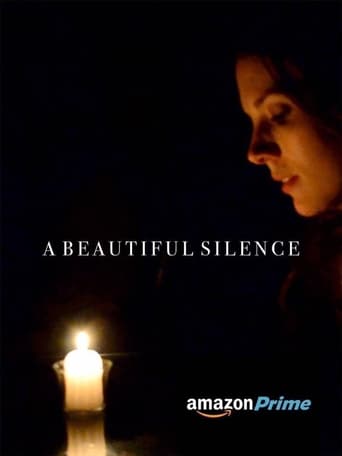
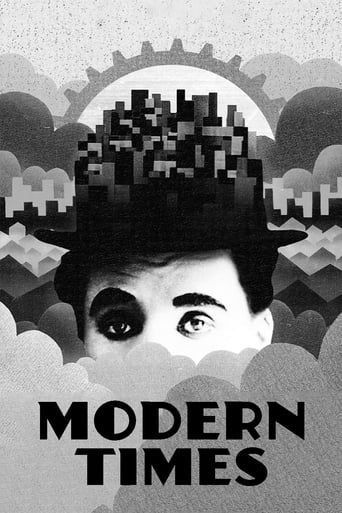
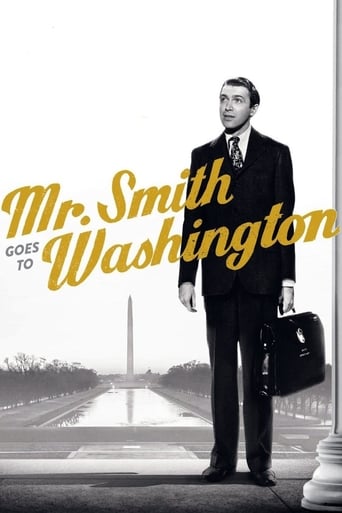
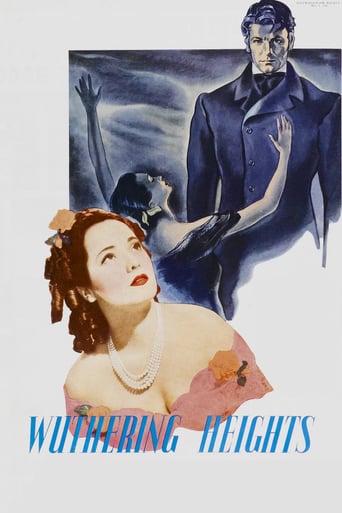
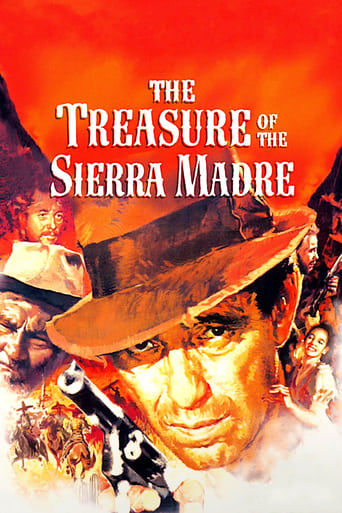
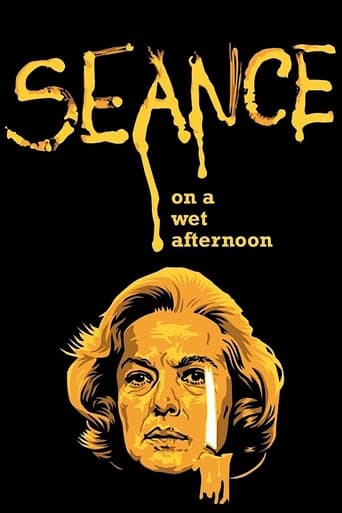
Reviews
The Worst Film Ever
Entertaining from beginning to end, it maintains the spirit of the franchise while establishing it's own seal with a fun cast
I think this is a new genre that they're all sort of working their way through it and haven't got all the kinks worked out yet but it's a genre that works for me.
It’s fine. It's literally the definition of a fine movie. You’ve seen it before, you know every beat and outcome before the characters even do. Only question is how much escapism you’re looking for.
And, I ask you - How serious would you honestly think a woman (living at a convent) was about being a nun (and humbling herself before her god) who daily made sure that she was always totally dolled-up in full make-up? Well - I'd say that unless her god fully approved of his female devotees looking like high-fashion Jezebels, then this woman was not in the least bit sincere about following her religious vocation.And, this was, indeed, the very type of woman who I found in the dubious title-character named Viridiana.If you ask me - I think that (considering this movie was made in 1961) hack-director Luis Bunuel knew full-well that his "sneering-at-Catholicism" movie would, indeed, create religious controversy and inevitably be banned in Spain (his homeland).I believe Bunuel knew that regardless of how badly-conceived his movie was, this sort of negative publicity would be great advertising for his pathetic, little movie and, of course, entice all sorts of people to want to see it even more (even though it was/is nothing but a total bore, for the most part).
OK. Back in 1961 Viridiana may have been banned in Spain and, yes, even denounced by the Vatican (Hey! What a great way to get plenty of free advertising for your film and spark lots of unfounded interest from the public eager to see it) - But, today, you can surely bet that this insignificant piece of cinematic fluff would be laughed right off the screen for its sheer naivety.You know, it really figures that Viridiana's story came from the insipid and uninspired head of one of Europe's most over-rated, avant-garde directors of them all, Luis Bunuel.How this 2-bit film-maker ever earned the respected reputation that he inevitably did is beyond me.All-in-all - Viridiana was nothing but mediocre film-making, at best. And, just because it's a vintage, foreign film doesn't, in any way, make it exempt from receiving some harsh and objective criticism that it so rightly deserves.
Viridiana, one of the most contentious and thought provoking films of Luis Bunuel, earned him Golden Palm at the Cannes Film Festival. Viridiana is a sacrilegious outburst against Catholicism as well as against the Spanish bourgeoisie; it is an indictment of organized religion. The Spanish censors changed the ending of the film (instead of the heroine going to her cousin's bedroom, the censored version show her playing cards with him), still Viridiana remained banned in Spain and later on in Italy through the efforts of the Vatican.In this film, Viridiana, a young and beautiful nun (about to be inducted as one) is big way bitten by reality two times, both of which change her decision making and outlook completely. Persuaded by Mother superior, she visits her uncle Don Jaime, in his country estate for a few days. Don Jaime had a different project attached with it. He wants Viridiana to stay in his country estate for ever, as a wife. When Viridiana first time comes to know about this, she seems stunned and terribly upset (first reality bite). She decides to leave. A desperate Don Jaime with the help of his obedient servant Ramona, drug Viridiana's coffee. Don Jaime kisses Viridiana when she lay unconscious and tells her next day that he has had intercourse, hoping that this would force Viridiana to stay with him. But it doesn't stop her. She leaves anyway. Being ashamed, Don hangs himself. Viridiana comes back to the estate. She learns that she has inherited the farm house and Jorge, Don's son, inherited the main.Viridiana decides not to go back to the church. Instead, she takes up the project of really helping out the poor and the cripples by providing them food and shelter. She brings them to the farm house. The beggars turn out to be an unpleasant and evil lot who take advantage of her virtuousness and pay back her Christian unselfish charity with ingratitude. One of them even tries to rape her (second reality bite). In the end Viridiana leaves her ambitious journey of sainthood. According to Bunuel, it is better off returning to the secular world as a disgraced woman than living a lie as a hypocritical Christian who is disconnected from the masses. Well, Viridiana ends connected, doesn't she?Viridiana has striking similarities with films like Nazarin and Tristana, but I think in Viridiana, Bunuel was wittier, sharper and definitely most uncompromising. One can talk about several things. Think how he establishes Don Jaime's leg fetish for example, or when the little girl first time touches the thorn crown, she gets hurt. This thorn crown as well as nails and the cross are some of the things that Viridiana carries with herself, she worships them. I mean, I have seen them before, but after seeing Viridiana I realized that these fetish objects are dangerous things to carry also. Think about the famous dinner sequence, when one women beggar opens her skirt to take their group photograph. In this sequence, Bunuel caricatures both The Last Supper and The Hallelujah Chorus, and then follows the attempt to rape, which results in Viridiana's complete loss of faith. Viridiana is probably the most blasphemous of all Bunuel films.
Buñuel didn't intend Viridiana to be sacrilegious. Just an uncompromising view of a world that can't be saved. The film's quite unmistakably partitioned into two halves. The first half begins with the eponymous young woman, played by the stunningly beautiful young Silvia Pinal with a marble sheen of purity and innocence, and the depth of an all-too-relatable psychosomatic susceptibility to all that act upon her, such as her unpredictable uncle played with off-putting sincerity by Fernando Rey, whose tragic self-delusion causes him to fetishistically associate Viridiana with his late wife. Much like The Virgin Spring, another religiously themed 1961 masterpiece, Viridiana's journey is portrayed so serenely, sensually and gracefully that when we face incredibly powerful, uncomfortable or enigmatic moments, we haven't even seen them coming, and when we have, they've already pounced on us. With every quality of every production specialty, the effect is sheer simplicity, no instability despite whatever viciousness or emotional tremors, making them all that much more inherently poignant.That's vital to its thematic consistency as well as its sensory impact. There is a scene near the convergence of the two "acts" that involves an intended rape foiled by guilt, a tormented attempt at blackmail that results in a muddle of confessions and guilt-ridden fabrications, and ultimately, an offense taken so deeply that even a figure of such pious naivete and self-punishing reverence cannot grant forgiveness. Offense and forgiveness seem to be the film's central preoccupation, embodied by well-intentioned people, ill-equipped for life. Throughout the second half, Viridiana instigates goings-on brought about by her feeling of guilt, one detached from any methodological or ceremonial sense.This half explores Bunuel's commitment to change as Viridiana gathers a group of local vagabonds to care for and shelter on the uncle's estate: a daunting blind man, a scuttling jester, a woman with two babies, a pregnant woman, a gimp, a prominent-seeming old guy from another sort of movie, a singer, a dwarf, and a leper. The drifters epitomize an array of human potential that Buñuel wants neither to reject nor commemorate, but to challenge, which is why the film, despite the dismay of several of its moments and the devastating chaos of its later scenes, is invigorating instead of just disheartened or dismal. What we are seeing is both horrible and droll, and we're the better for not having turned away.The film's thoughtful and measured. It's gracefully shot; each image communicating something distinct and particular, which is to be anticipated from an alleged fetishist. It makes no patent, clear-cut assertion, but rather delivers Buñuel's view that our animal natures are invariably waiting to spring. The lecherous uncle is not portrayed as a horrible man as much as a forlorn and despondent one, who longs to indulge a sin but lacks the required impropriety. Nor is the eponymous nun's cousin a lecher, nor is she a fallen women, and the beggars merely act as they've been acclimatized by the social order.Left with the estate to themselves for a day, the tramps search the main house, eyeball the paintings, the linen, the silver, and opt to have a banquet. In a magnificently cynical cut, Buñuel goes right from an early moment of this searching to a late point of the feast: the main course demolished, bottles everywhere, and everyone inebriated. One of the babies cries, two women have an atrocious wrestle, the leper puts on Handel's "Hallelujah Chorus," to which a succession of small subsequent actions lead to utter chaos. The screenplay, possibly suggesting the sensation instead of the reality, mentions "carnage" and an "absurd orgy." In the film's most notorious moment, everyone assembles along one side of the table for a "photograph" of a scene that unmistakably mimics The Last Supper.It's very likely that Bunuel knew more about irreverence than the pope did. But the sacrilege is not hostile to God and Jesus. It's against the trust in improvement, at least in its traditional implications, whether in the guise of a character's ideas for civilizing the estate or of Viridiana's mission to enrich the vagabonds' lives. The beggars are not vile or evil. They're the disorder of life itself, a keepsake that bliss, curiosity and desire can at any time resort to devastation and brutality. This is not an case against those unquestionably positive things, or an demand for rules and doctrine. It's a portrait of a civilization that doesn't value its own needs. Buñuel's cynicism and indignation embroil the miniaturization of our idea of change and improvement, our limited efforts to reach it through reasonable or didactic preparation, and our eager contempt for the disorderly influences without which no civilization would be human.To me, the most special and important scene in this film is not entrenched in religious controversy but in the hopelessness of existence, and it encapsulates Buñuel's view of life: It's the scene with the dog tied to moving carts by ropes that'd choke it if it stops hurrying. Viridiana's cousin buys it to save it from its running distress, yet he doesn't see, as he turns away, another cart with another bound dog coming the other way. This is the man who's about to disparage Viridiana for her endeavors at generosity. A film like this is invigorating. It's helmed by a sharp, idiosyncratic brain. It's not another reductive rendering of reassuring feel-good fabrications. All the time, there's another cart and another dog bound to it.


